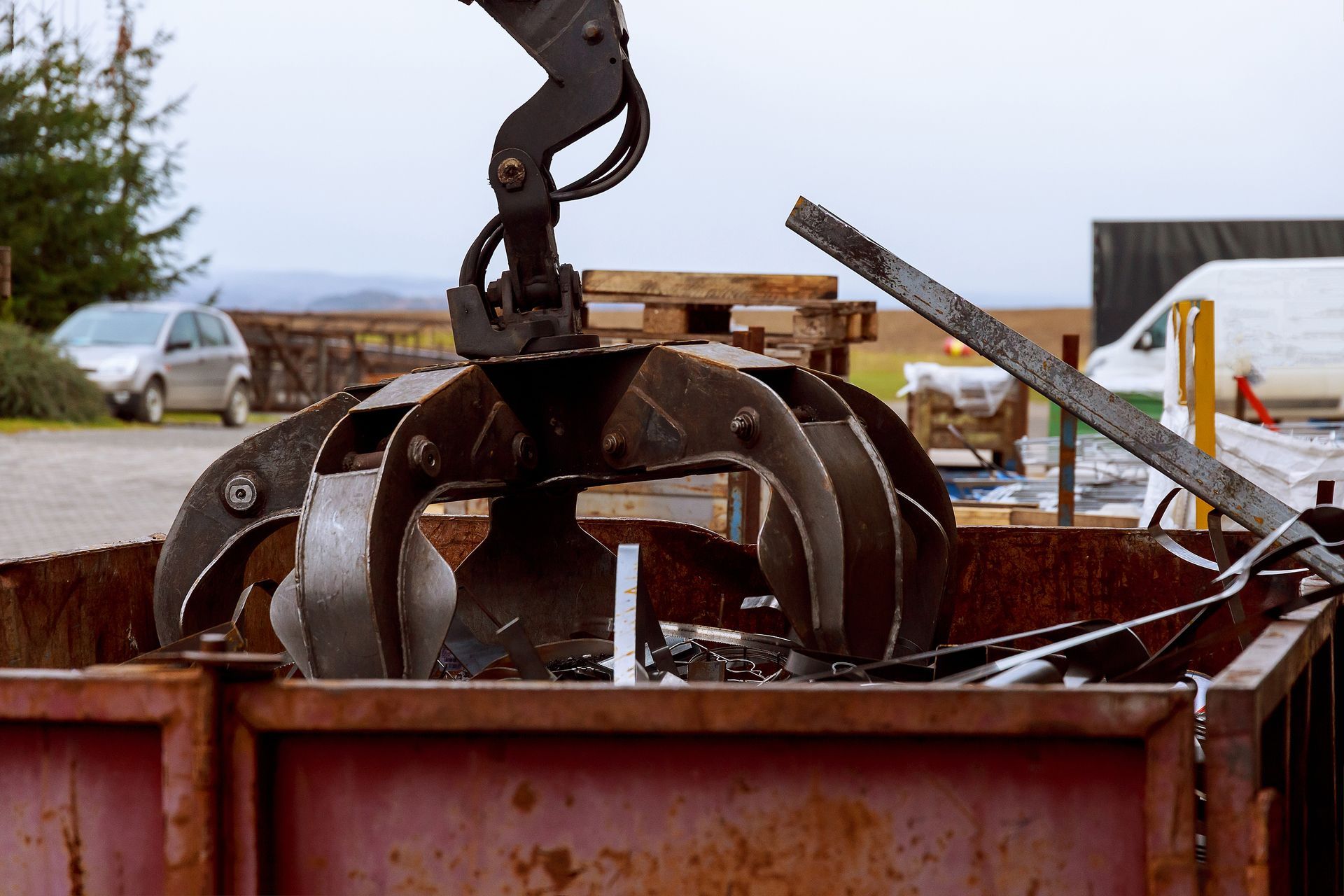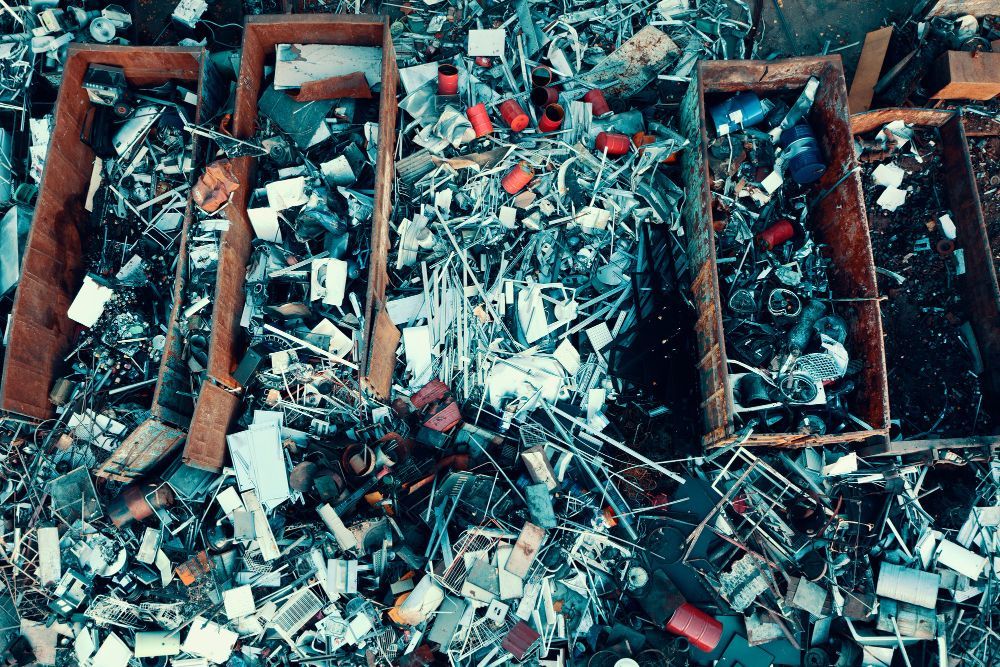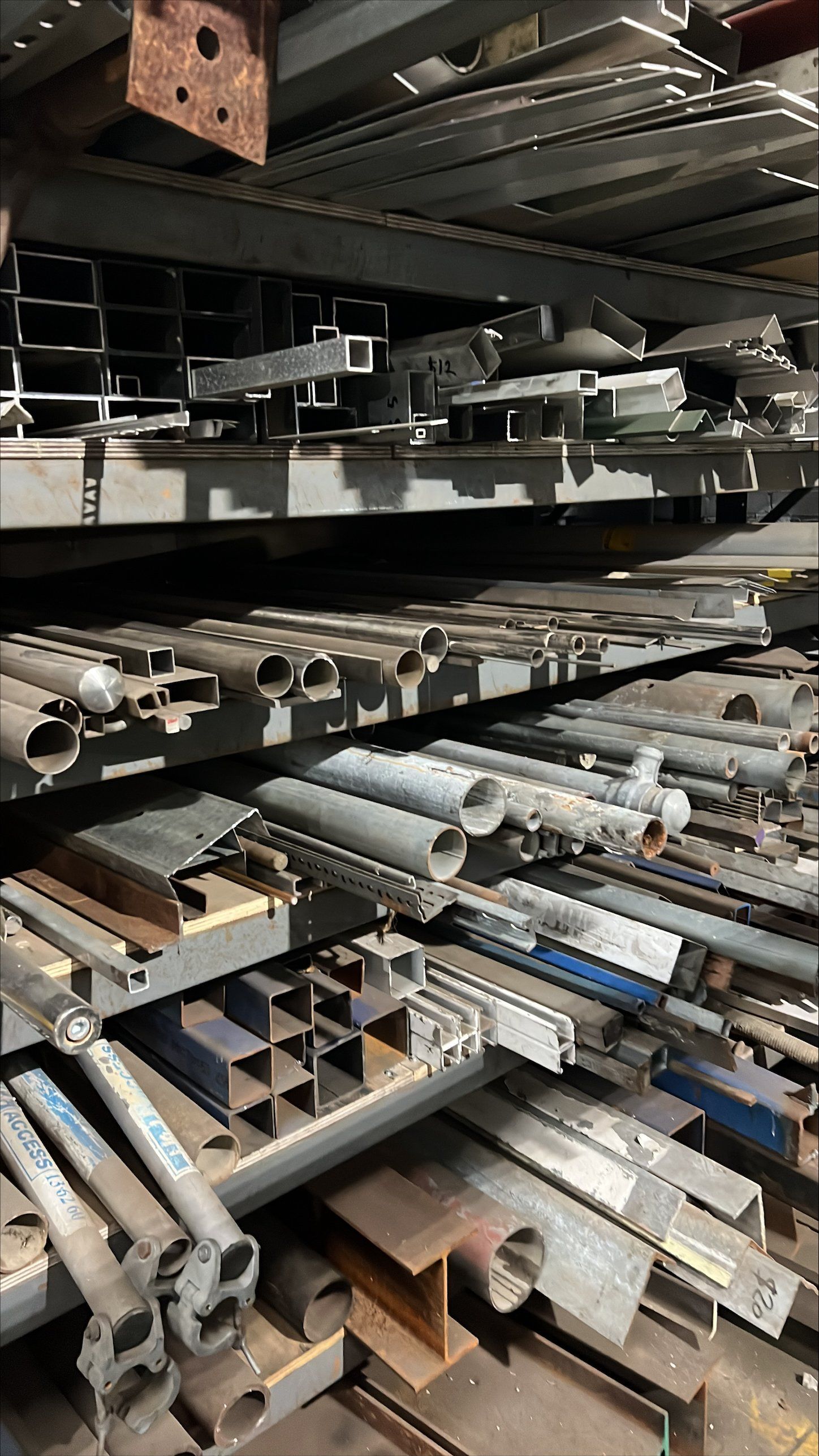The Rise and Fall: Understanding Scrap Metal Prices in Sydney
The Rise and Fall: Understanding Scrap Metal Prices in Sydney
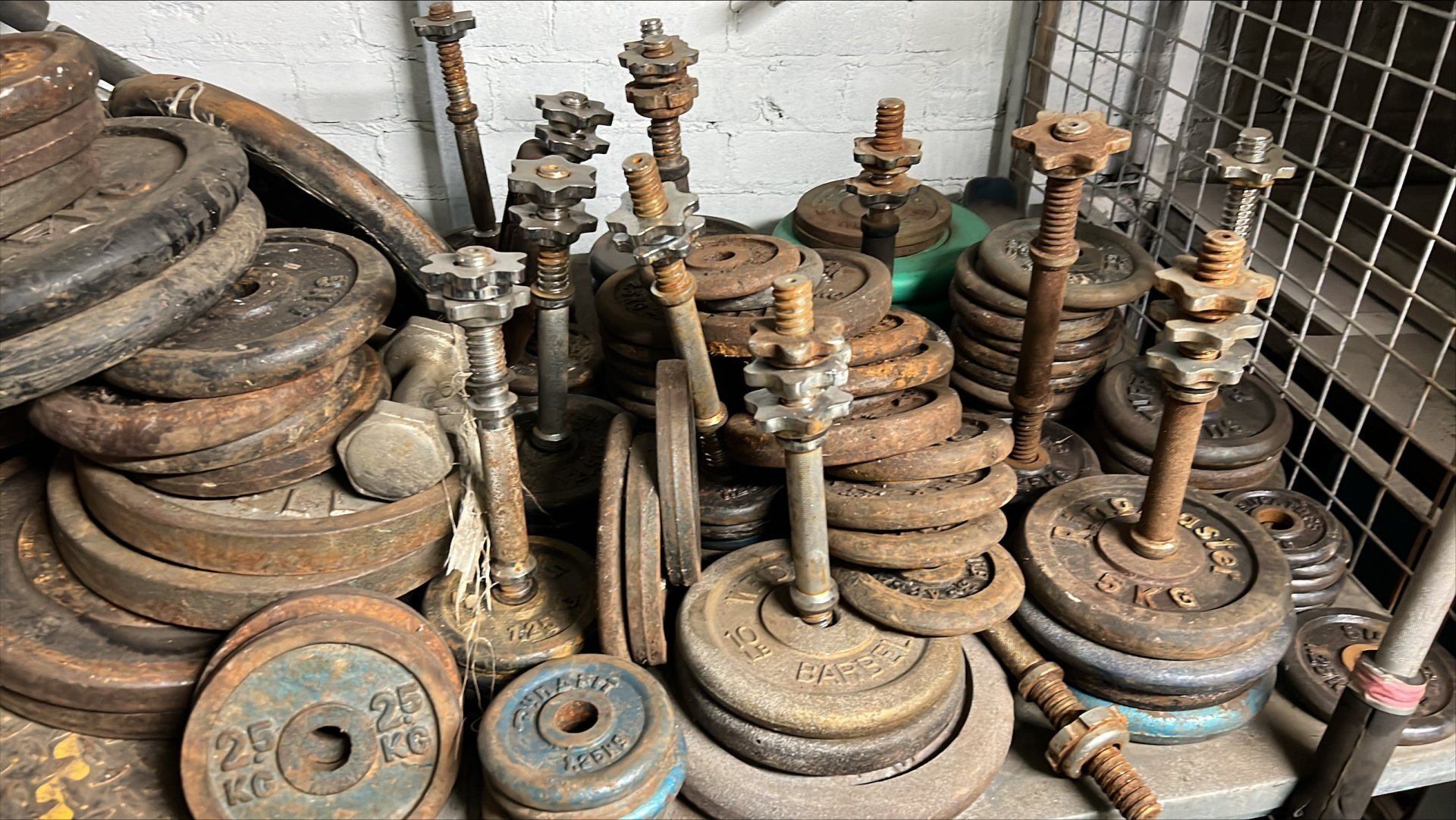
Scrap metal recycling plays a pivotal role in Sydney's economy and the global effort to reduce waste and promote sustainability. As industries and individuals alike contribute to the scrap metal supply, it's essential to comprehend the dynamics of scrap metal prices in Sydney and how they fluctuate over time. In this article, we'll explore the factors that influence the rise and fall of scrap metal prices in Sydney, shedding light on a crucial aspect of the recycling industry.
The Basics of Scrap Metal Pricing
Before delving into the intricacies of scrap metal pricing in Sydney, it's essential to understand the fundamental factors that contribute to these price fluctuations.
- Metal Type: Different metals have varying values. Precious metals like gold and silver command higher prices than non-ferrous metals like aluminum or copper.
- Supply and Demand: The law of supply and demand is a significant determinant of prices. When the supply of a particular metal is abundant, its price tends to decrease, and vice versa.
- Global Markets: The global market greatly influences scrap metal prices. Sydney's prices are affected by international factors, including production levels, trade policies, and global economic conditions.
- Local Factors: Local economic conditions, industrial activities, and government policies also play a role in determining scrap metal prices in Sydney.
- Scrap Metal Quality: The quality and purity of scrap metal impact its price. Clean, uncontaminated metal is generally worth more.
Factors Influencing Scrap Metal Prices in Sydney
Now, let's delve deeper into the specific factors that influence the rise and fall of scrap metal prices in Sydney:
1. Global Economic Conditions:
The state of the global economy is a significant factor affecting scrap metal prices. Economic growth and stability in major markets can lead to increased demand for raw materials, including scrap metal, driving prices upward.
2. Industrial Demand: Industries like construction, manufacturing, and automotive heavily rely on scrap metal. When these sectors are thriving, they create a surge in demand for scrap metal, which, in turn, leads to higher prices.
3. Currency Exchange Rates: Currency exchange rates can impact the competitiveness of exports and imports, affecting the flow of scrap metal across borders. Changes in exchange rates can lead to price fluctuations.
4. Environmental Regulations:
Environmental regulations aimed at promoting recycling and reducing pollution can influence scrap metal prices. Stricter regulations may require industries to invest more in recycling, increasing the demand for scrap metal.
5. Commodity Markets:
Metals, including scrap metal, are traded as commodities in financial markets. Speculation, trading activities, and market sentiment can influence prices.
6. Trade Policies:
Trade policies and tariffs can disrupt the flow of scrap metal between countries, impacting prices. Trade tensions can lead to uncertainty and fluctuations in the scrap metal market.
7. Weather and Natural Disasters:
Natural disasters, such as hurricanes and floods, can disrupt the supply chain and affect the availability of scrap metal, potentially driving prices higher.
8. Transportation Costs:
The cost of transporting scrap metal can vary based on fuel prices, labor costs, and logistical factors. These costs can impact the overall price of scrap metal.
9. Recycling Rates:
The rate at which scrap metal is recycled plays a role in its pricing. Higher recycling rates can reduce the demand for virgin metal and impact prices.
10. Consumer Behavior: Consumer choices, such as purchasing electric vehicles or appliances, can affect the demand for specific metals like lithium or copper, indirectly impacting scrap metal prices.
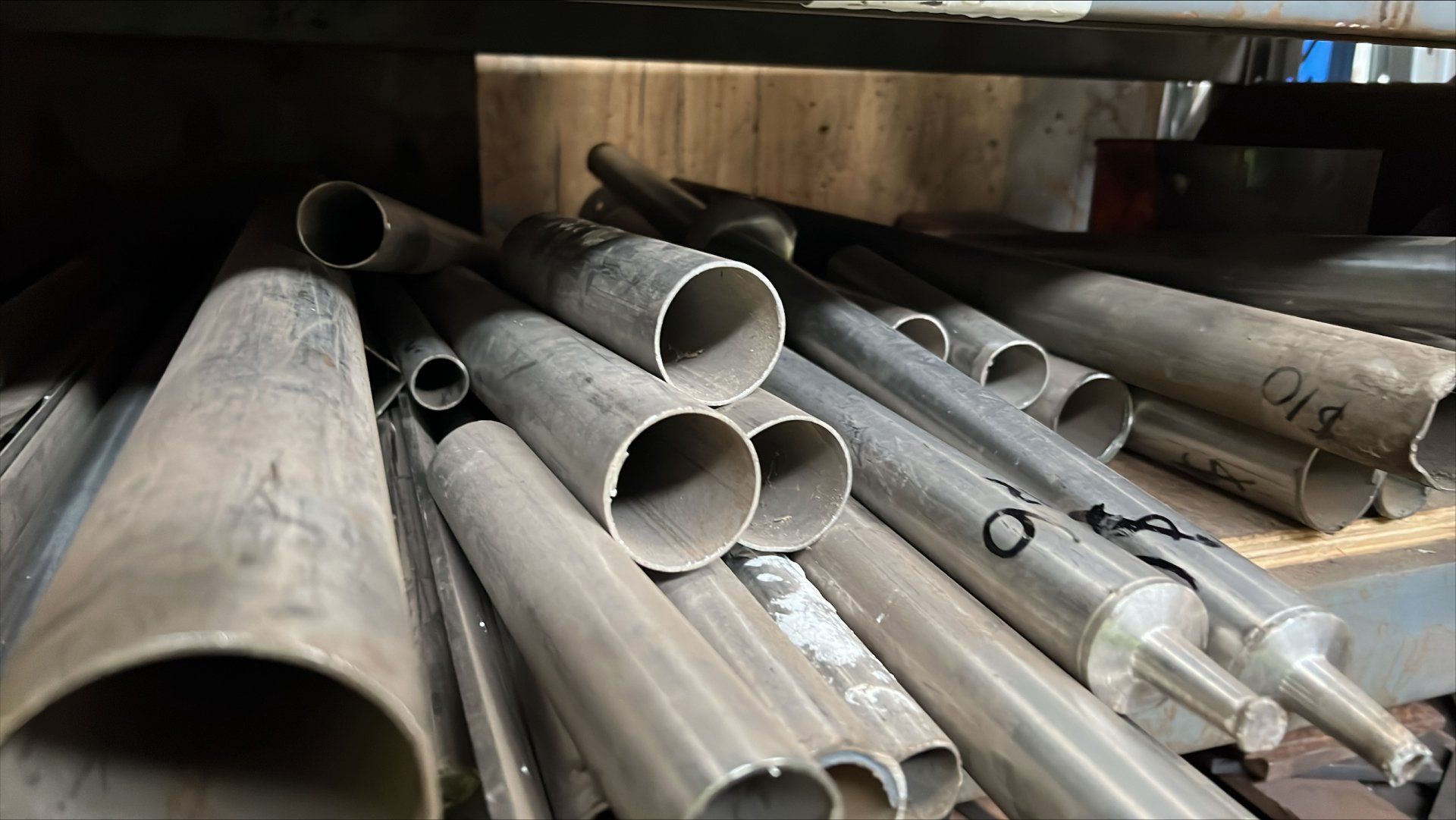
Managing Price Fluctuations
For businesses and individuals involved in the scrap metal industry in Sydney, managing price fluctuations is essential. Here are some strategies to consider:
- Diversification: Diversify your sources of scrap metal and the types of metals you handle to mitigate the impact of price fluctuations in any one market.
- Market Monitoring: Stay informed about global and local economic conditions, trade policies, and industry trends that could affect scrap metal prices.
- Efficiency and Quality: Improve the efficiency of your recycling processes and focus on producing high-quality scrap to command better prices.
- Long-Term Contracts: Consider entering into long-term contracts with reliable suppliers and buyers to stabilize your supply chain and pricing.
Hedging: Explore hedging strategies in commodity futures markets to protect against price volatility.
Scrap metal recycling is an essential component of sustainable resource management in Sydney. Understanding the factors that influence the rise and fall of scrap metal prices is crucial for businesses and individuals in the industry. By staying informed and adopting strategic approaches to manage price fluctuations, stakeholders can navigate the dynamic scrap metal market effectively while contributing to a more sustainable future.

12 Bermill St, Rockdale
NSW, 2216
Tel:1800 273 557
Email: andrew@scrapmetalgroup.com.au
Trading Hours
Monday to Friday 8am - 4pm
Saturday - Sunday - Closed
Public Holidays - Closed
Download our mobile App to receive the latest information & more
All Rights Reserved | Scrap Metal Rockdale

